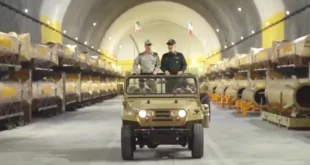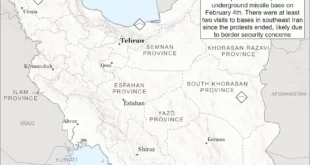 TEHRAN (Fars News Agency)- Russian Foreign Minister Sergei Lavrov criticized European powers’ approach to Iran’s nuclear program in talks with top EU officials that were supposed to prepare a summit on closer EU-Russia relations.
TEHRAN (Fars News Agency)- Russian Foreign Minister Sergei Lavrov criticized European powers’ approach to Iran’s nuclear program in talks with top EU officials that were supposed to prepare a summit on closer EU-Russia relations.
Although Lavrov voiced willingness to apply “reasonable” and “proportional” measures against Iran for its nuclear program, he warned that a draft United Nations resolution prepared by Britain, France and Germany went too far.
The Russian minister said that “measures which we would introduce would have to be reasonable, take account of the real situation, should be proportional given the actual situation as regards the nuclear program in Iran and should also be in stages.”
“We were prepared and are still prepared to draw up measures of that sort,” he told journalists. “What the EU troika drew up went way beyond what had been agreed,” he added, referring to the draft UN resolution drawn up by Britain, France and Germany.
The resolution calls for a series of nuclear- and ballistic missile-related trade sanctions, a freeze of assets related to Iran’s nuclear and missile programs and travel bans on scientists involved in those programs.
In New York on Friday, Germany and the five veto-wielding members of the UN Security Council, Britain, China, France, Russia and the United States, resumed their delicate negotiations on possible economic and trade sanctions, in the form of the resolution drafted by the three European states.
Talks were suspended a week ago, with Russia and China still deeply reluctant to agree to tough sanctions and Washington feeling the proposals from its European allies did not go far enough.
Lavrov was speaking after meeting with Finnish Foreign Minister Erkki Tuomioja, whose country holds the rotating EU presidency, and EU foreign policy chief Javier Solana to prepare the ground for an upcoming EU-Russia summit.
The summit, scheduled to take place on November 24 in Helsinki, is seen as key for future EU-Russia relations because both sides aim to discuss terms for a new Partnership and Cooperation Agreement ahead of the expiration of the current one next year.
 Eurasia Press & News
Eurasia Press & News



